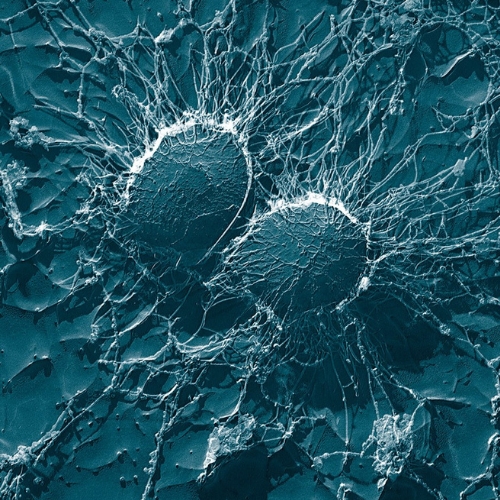Key points from article :
Peptides that can remodel bacterial population of intestines to a healthier state, developed.
These molecules beneficially shifted the balance of species in the gut microbiome.
This shift reduced cholesterol levels, dramatically slowed buildup of fatty deposits in arteries.
These symptoms are hallmarks of atherosclerosis which leads to heart attacks, strokes.
Increased risks of obesity, diabetes, hypertension, atherosclerosis, in part due to microbiome changes.
Used mice genetically susceptible to high cholesterol, and fed with a Western-type diet.
Sampled gut contents and applied a different cyclic peptide to each sample.
Identified two peptides that significantly slowed growth of undesirable gut bacteria.
Striking reductions in blood cholesterol level vs. untreated, ~36% after 2 weeks.
After 10 weeks, atherosclerotic plaques in arteries were ~40% reduced in area.
Scientists from Scripps Research, published in Nature Biotechnology.






